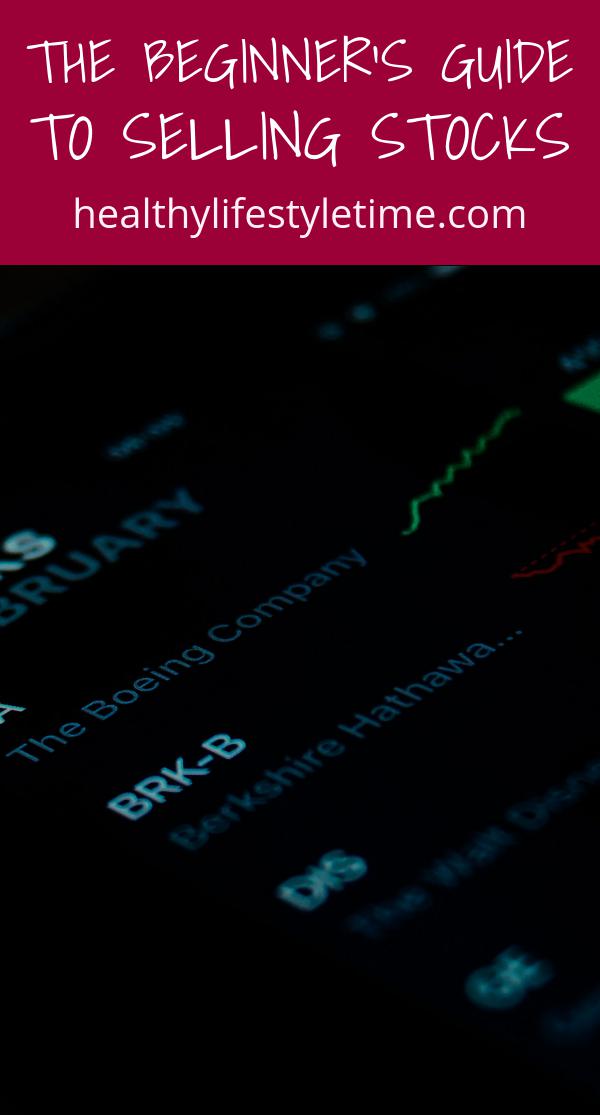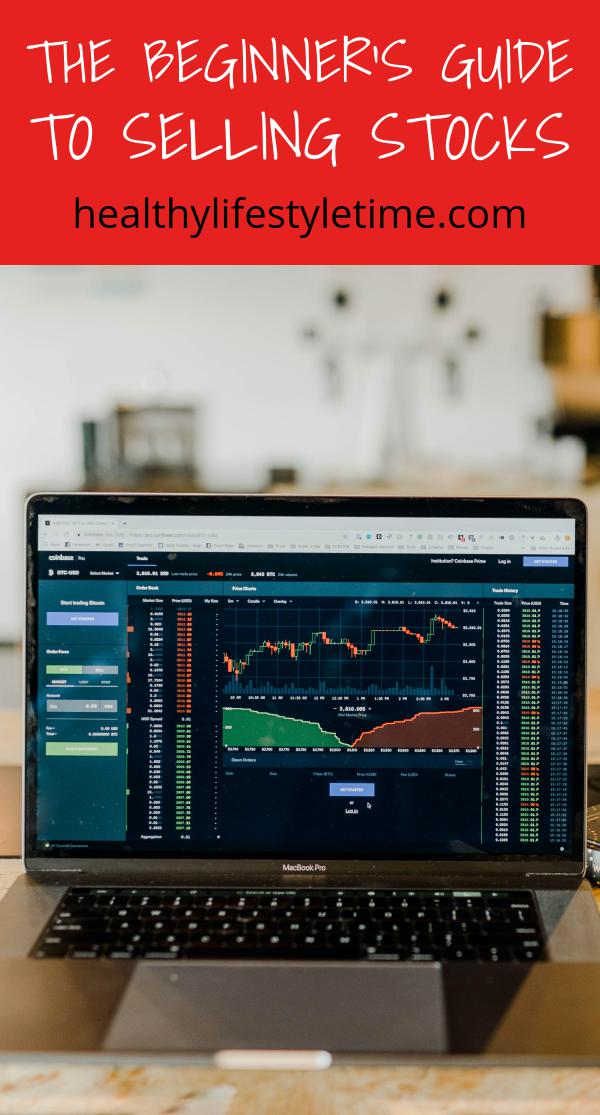During your investing career, you will do these two transactions; buying and selling. Buying requires knowing the fair value of a stock and then compare it with a recent price. If the recent stock price is 10% below fair value and an investor does not mind getting a 10% return, then he should buy the stock. If not, he can then move on to other stocks.
Selling, however, is not that simple. Sometimes, investment does not go the way you want it to be. Your prediction may not be accurate. Furthermore, your time frame may be longer than you expected. Here are ten different reasons investors might sell a common stock:

Need the money. This generally happens due to improper planning. However, things happen. Even the most carefully planned strategy may not work. Catastrophic events such as Hurricane Katrina or Rita may force investors to sell an investment if his household is affected by it.
The book is unclean. When management left their post abruptly or when the Securities of Exchange Commission (SEC) conduct a criminal investigation on a company, it may be time to sell. Your assumption may be inaccurate as a lot of fair value calculation is based on the company’s balance sheet, cash flow, or other financial statement published by management.
Takeover news. When one of your stock holdings is getting bought by other companies, it may be time to sell. Sure, you might like the acquiring company but you still need to figure out the fair value of the common stock of the acquiring company. If the acquiring company is overvalued, then it is best to sell. A good example would be the purchase of Time Warner by American Online (AOL) in 2000. At the time, AOL share price was way overvalued with a Price Earning ratio of 100.
Taking Profits Off the Table. Your stock has risen 40% of your purchase price. Your fair value calculation indicates that the stock can rise 10% more. Should you sell? Sure. After all, the goal of every investor is to make money. If you feel that you need to get something off the table, then by all means do it. I am not going to be naive and assume that you should wait for the stock price to rise 10% more. Remember that stock price goes up and down and that fair value calculation has some degree of uncertainty. Would you risk your 40% gain for an additional 10% return? I probably wouldn’t.
Other Investment Opportunity. Let’s say you bought stock A and it has risen to 10% below its fair value. Meanwhile, you had watched stock B fallen to below 50% of your calculated fair value. This is an easy decision. Go Ahead! Sell your stock A and buy stock B. Our goal as an investor is to maximize our investment return. Sacrificing a 10% return in order to earn a 50% return is a sensible way to do that.
Inaccurate Fair Value Calculation. Let’s face it. People make mistakes. As investors, we sometimes made errors in our fair value calculation. There are factors that we might not take into accounts when researching a particular company. For example, Merck & Co Inc. will have a higher fair value if we dismiss the potential Vioxx liability that some say to be as high as $ 50 Billion. But doing further research, we know that Vioxx liability does exist.
New Competitors with Better Products. When new competitors sprung up, the company that you hold might have to spend more money in order to fend off competition. Recent examples include the emergence of pay-per-click advertising by Google. If you are in the advertising business such as newspapers or cable networks, this new product by Google might hurt your profit margins and eventually the fair value of the stock.
The exodus of Talented Employees. Talent is an asset. Yet, it does not appear on the company’s balance sheet. Companies that rely heavily on intellectual products need to keep their employees happy. They are prized assets. When employees defect, it will affect the company’s future earnings. Lower future earnings mean lower fair value for the common stock. A recent example includes several Microsoft key employees defecting to Google.

Not having a valid reason to Buy. When you don’t know why you bought a particular stock, you won’t know how much your potential return is or when you should sell it. This is the easiest way of losing money. When you have no valid reason to buy, you should sell immediately.
Stock Reaches Fair Value. This is the easiest part of the problem. Yes. We should sell when a stock reaches its fair value. It is the main reason why we chose to buy it in the first place.





